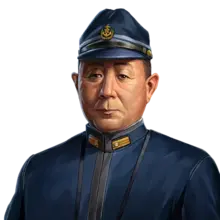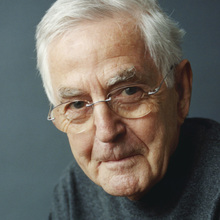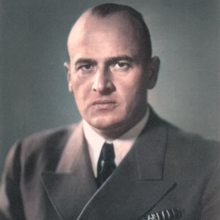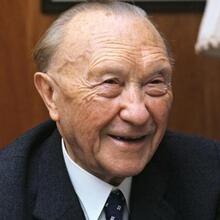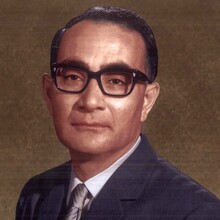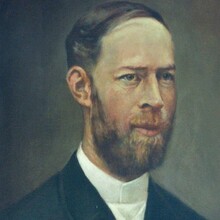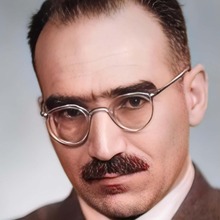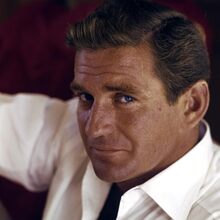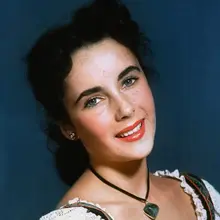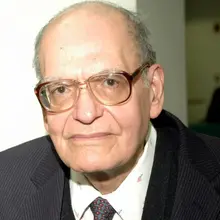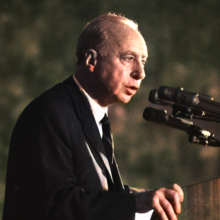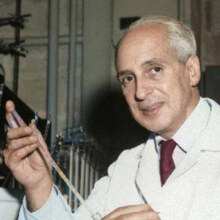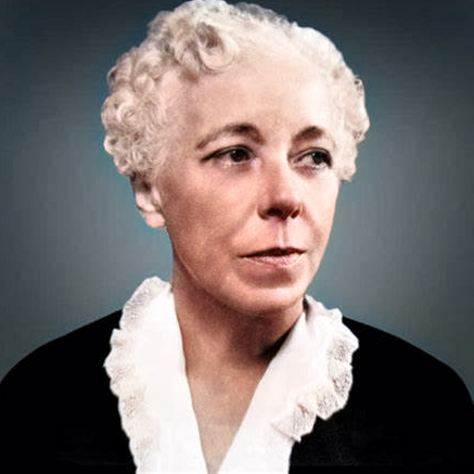
Personal
Other names:
Karen Danielsen
Job / Known for:
Psychoanalyst and feminist theorist
Left traces:
Theories of neurotic needs, feminine psychology
Born
Date:
1885-09-16
Location:
DE
Blankenese, near Hamburg, Germany
Died
Date:
1952-12-04 (aged 67)
Resting place:
US
Death Cause:
Cancer
Family
Spouse:
Oskar Horney (1909-1937)
Children:
Brigitte, Marianne, and Renate Horney
Parent(s):
Berndt Wackels Danielsen and Clotilde van Ronzelen Danielsen
QR Code:
Show More
Rank
Users ranking to :
Thanks, you rate star
Ranking
5.0
1
Fullname
Karen Horney
Slogan
Fortunately analysis is not the only way to resolve inner conflicts
About me / Bio:
Show More
Article for Karen Horney
Died profile like Karen Horney
Comments:

